
Pursuing Restorative Justice through Housing
Boston’s Mayor’s Office of Housing is working to close the wealth gap through multiple strategies, including creating and preserving affordable housing, supporting homeowners and renters, providing housing services to homeless individuals, and developing city-owned property. The City has adopted several approaches to help low and moderate-income families become homeowners, including... Read more

Sparking Community-Led Investments in Under-invested Neighborhoods
Boston's Office of Economic Opportunity and Inclusion is exploring innovative approaches to catalyze investment in underserved areas, with a focus on preventing displacement and creating economic opportunity. FUSE Executive Fellow Brittany Hume Charm will develop deep relationships with diverse stakeholders, including city partners, local business owners, corporate and finance leaders,... Read more
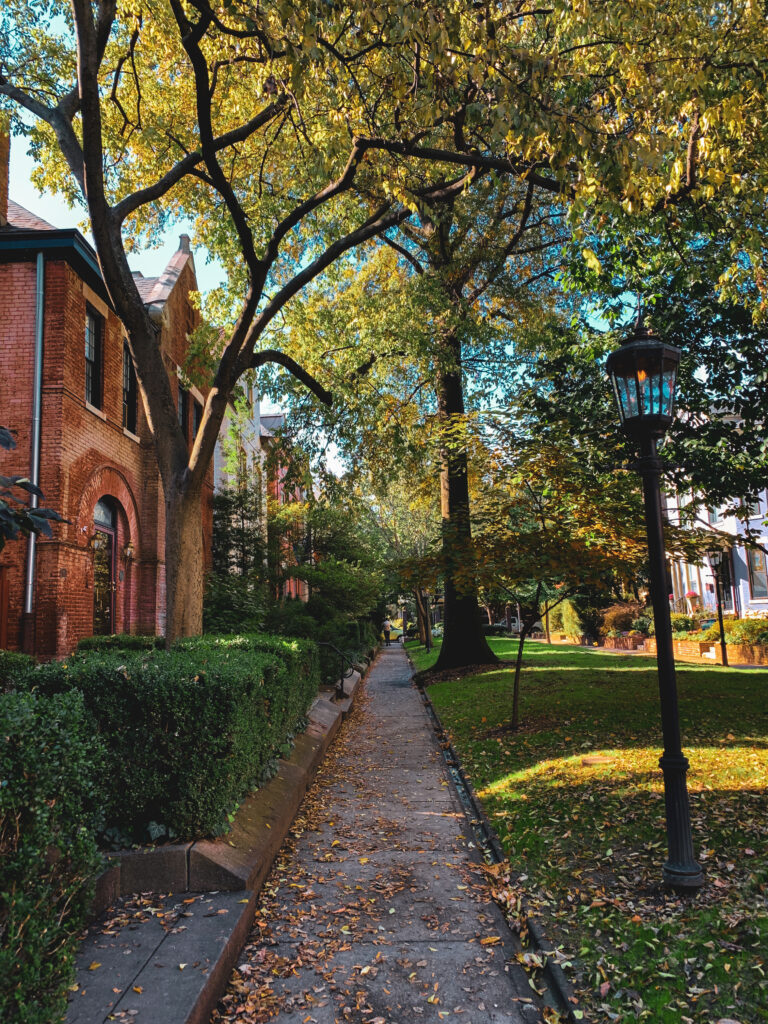
Building Wealth in Louisville’s Underserved Neighborhoods with CDFIs
Louisville is working to close significant gaps in capital inflows compared to peer cities. A 2022 study revealed Louisville trails in several key funding areas, including a striking 91.14% deficit in Community Development Financial Institution (CDFI) investment flows. FUSE Executive Fellow Vicky Harris will develop a comprehensive strategy to enhance... Read more
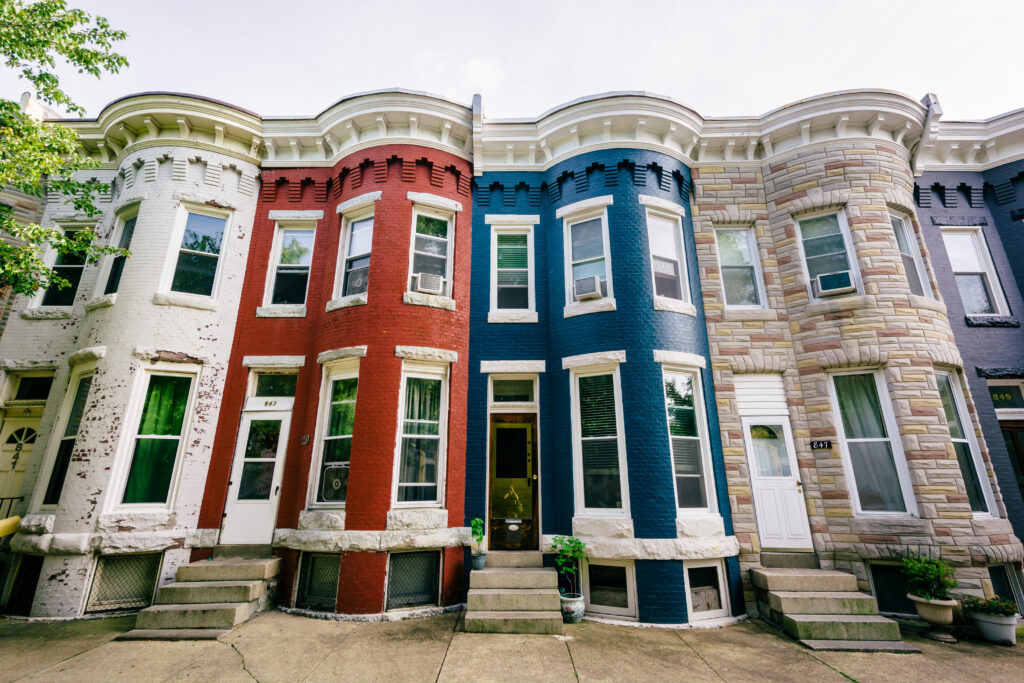
Expanding Homeownership Resources to Equitably Build Generational Wealth
Baltimore’s Department of Housing and Community Development (DHCD) is working to overcome the legacy of past housing policies and ongoing housing challenges that have left marginalized communities with limited pathways to property ownership. FUSE Executive Fellow Dalmar James, Jr. will design and implement a homeownership coaching strategy for underserved communities,... Read more
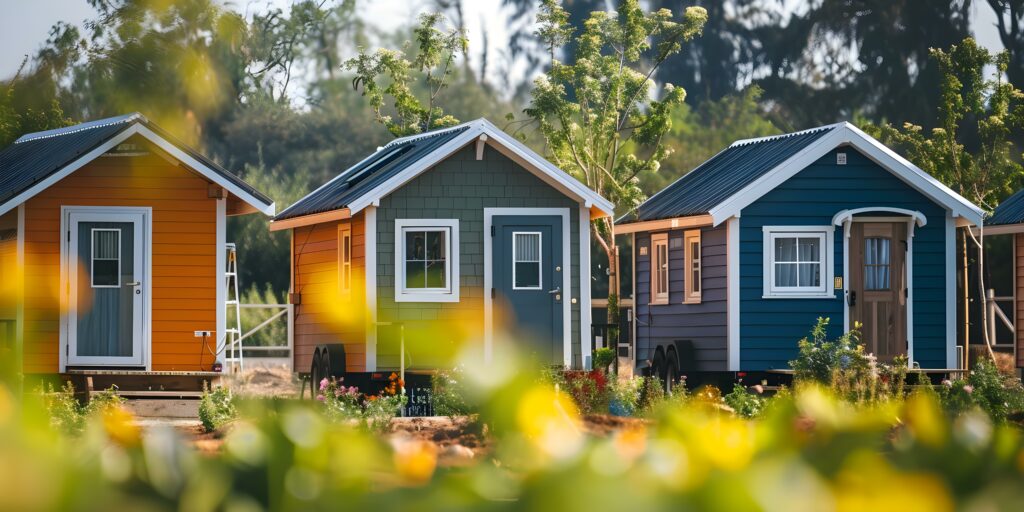
Catalyzing Bold, Inclusive Affordable Housing Expansion
Albuquerque reflects New Mexico’s remarkable diversity, with nearly 80% of residents identifying as people of color and 10% as people who immigrated. However, residents face significant housing challenges, with single-family home prices increasing 8% last year and nearly 300% over the past generation—far outpacing wage growth. More than one-third of... Read more

Expanding Solar Energy Access for Low-Income Communities
Phoenix experiences approximately 300 days of sunshine annually, making it one of the most solar-friendly climates in the country. However, many low and middle-income households, particularly in economically disadvantaged communities, face high utility costs due to outdated home infrastructure and limited access to renewable energy solutions. These communities are disproportionately... Read more
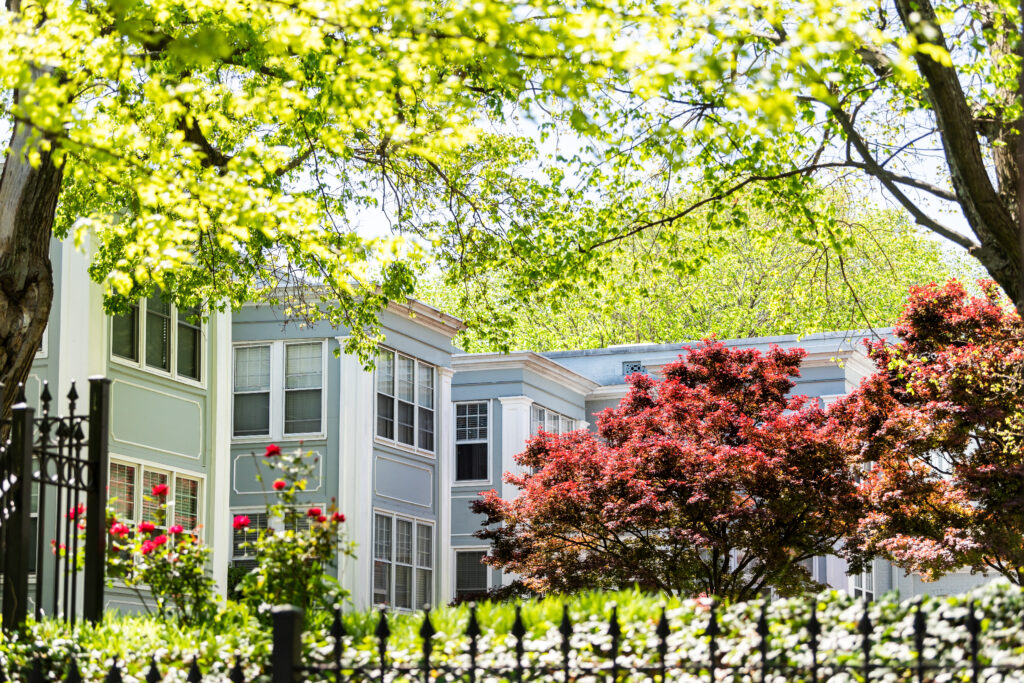
Closing the Racial Wealth Gap through Neighborhood Wealth-Building and Revitalization
Atlanta faces one of the largest wealth disparities in the country, with stark differences in wealth levels between different demographic groups. This wealth gap is most evident in predominantly Black neighborhoods where residents have limited access to wealth-building resources such as capital for small businesses, neighborhood-serving retail, and local employment... Read more

Closing the Racial Wealth Gap in Multi-Racial Communities
New Mexico is one of the most diverse states in the country, and Albuquerque reflects this diversity with particularly large Indigenous and Latino populations, as well as significant Black and Asian communities whose numbers are growing. The Office of Equity and Inclusion (OEI) works to reduce barriers to opportunity and... Read more
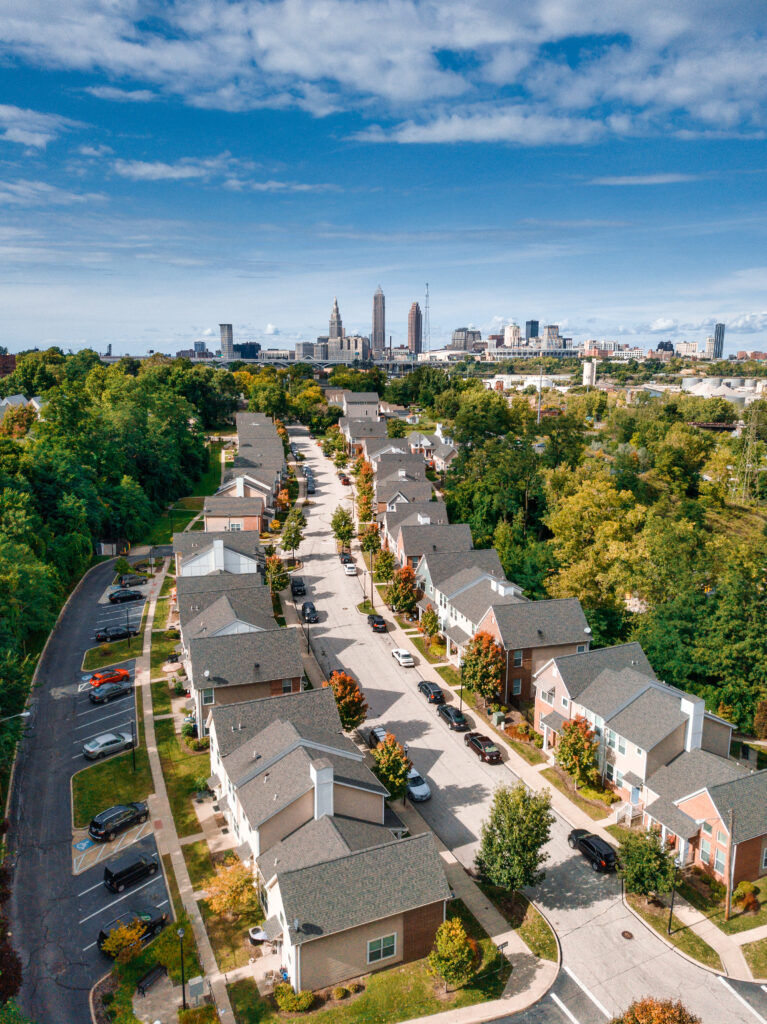
Expanding Access to Resources and Capital for Equitable Home Ownership
Cleveland faces significant housing challenges rooted in historical patterns of disinvestment that have disproportionately impacted low to moderate-income residents and underserved communities. The city's aging housing stock requires significant repairs in many cases, while neighborhoods that have historically experienced underinvestment, particularly on the East side, are now dealing with rising... Read more

Water Management Energy Efficiency
Durham, North Carolina is addressing significant challenges in water and energy management as part of its broader commitment to infrastructure modernization and carbon neutrality. Despite the city's economic growth and median household income of nearly $60,000, Durham faces economic disparities with a poverty rate of 15.2%. National studies show that... Read more
